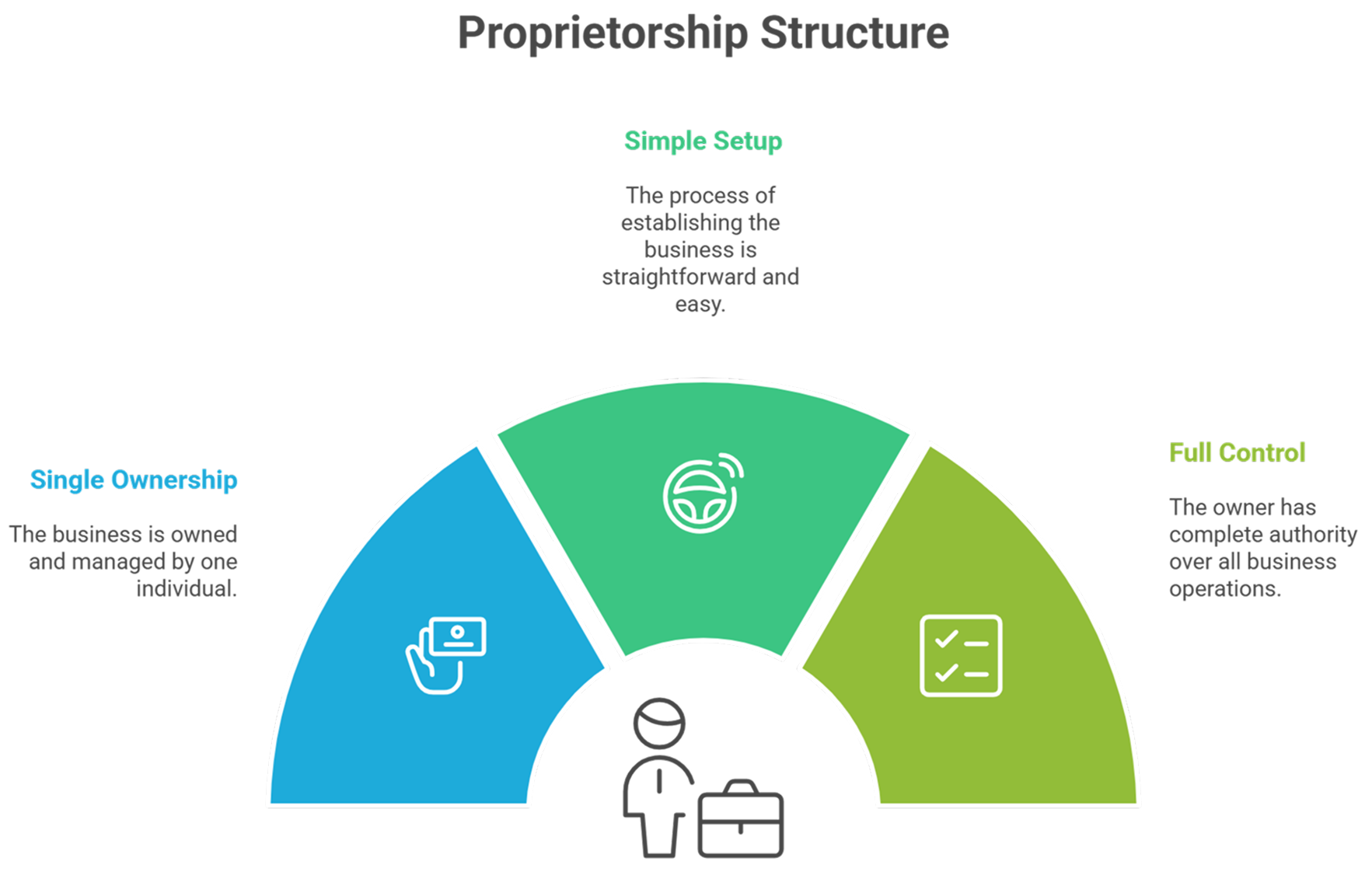Perfect for my consulting business! Quick setup and ongoing support made everything smooth and professional.
Documents Required For Sole Proprietorship Setup
Here is s a quick checklist of documents you will need to get started smoothly.
- 1Owner's PAN Card
- 2Owner's Aadhar Card
- 3Passport - size Photographs
- 4Address Proof of Owner
- 5Business Address Proof
- 6Rent Agreement or Property Papers
- 7Bank Statement (Last 3 Months)
- 8Proposed Business Name Options
